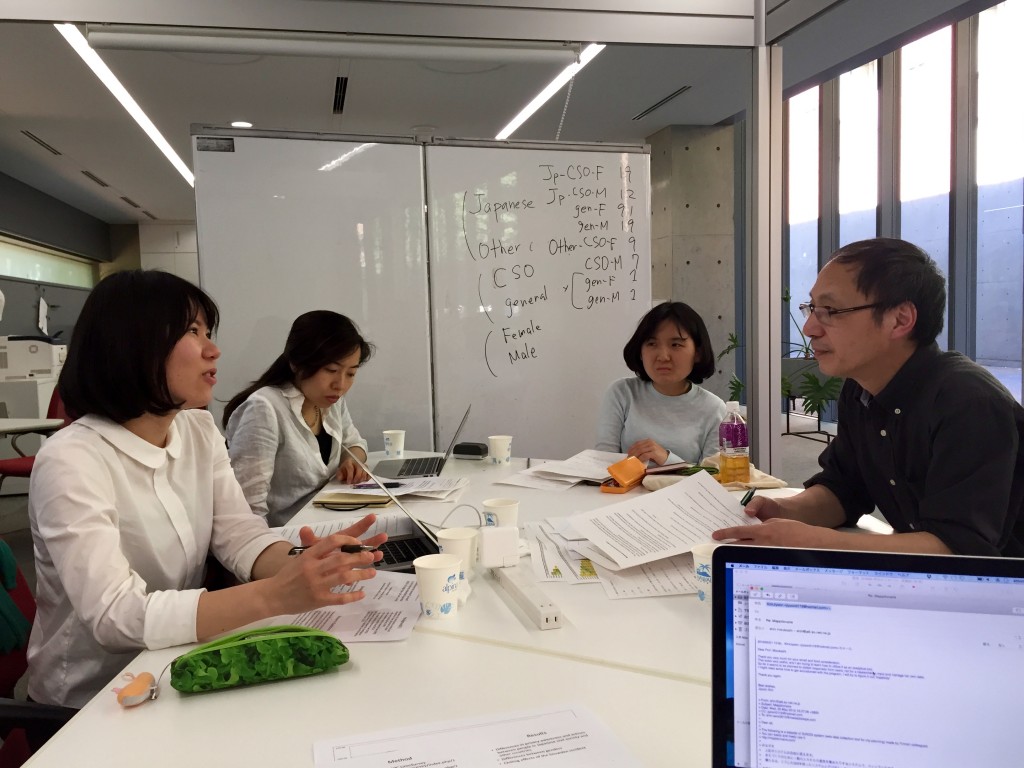On May 21, Mr. Tadahisa Hamada did his presentation at the panel: Internet, Activism, and Human Rights in Asia in the Fifth Asian Conference on Cultural Studies 2015.
The title of the paper was “Surveillance and sense of ‘privacy’ in the Internet embedded Japanese NGOs: through cross cultural survey.” The following is his proposal.
This paper examines awareness of issues in the information society and behaviors of people in non-governmental organizations (NGOs) in Japan compared with other countries. NGOs are crucially important for building civil society, and their activities are increasingly dependent on information and communication technologies (ICTs). In these two decades, legislation for information control and surveillance – such as the wiretapping law (1999), the resident registry network law (1999), the common number law (2013) and the state secrets protection law (2013) – have advanced but counter-movements were lackluster. For these reasons, it is important to raise awareness of issues in information society – such as digital divide, intellectual property rights, privacy – as well as to improve computer literacy among people in NGOs.
We interviewed people in NGOs in Japan and other countries. We found the low level of awareness on privacy issues of Japanese NGOs. Most respondents consider that privacy is important, but they rarely read privacy policies. They said they vaguely feel it is risky to disclose their private lives in SNS, but it is impossible to avoid surveillance. Some of them said information issues are not in their specialities. If they do not think that privacy is essential for our lives, democracy will not stay in Japan. To examine this topic deeply, we need to conduct online survey. We examine the characteristics of the respondents (age, gender, experience of the Internet, activity area and role in the organization).
We analyze the result in contrast with legal systems and cultures among countries. We suppose the concept of “watakushi private sphere” Tamura (2004) proposed may be suggestive to explain the result. The findings will be situated within the broader social and cultural context of Japan.
(Tentative report by Shin Mizukoshi, Professor of III, UTokyo)
